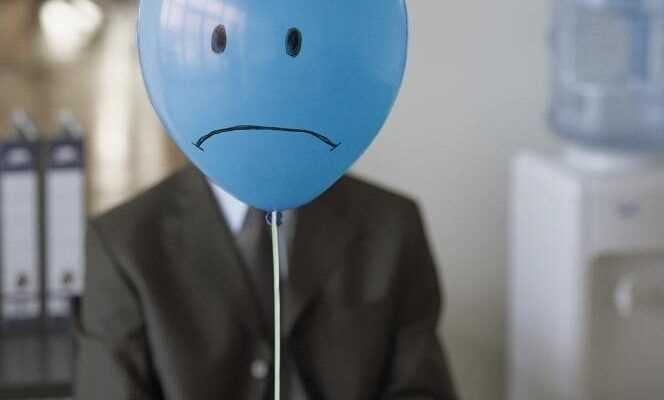Office notebook. “Psychosocial risks have become the major concern of our HRD clients in 2021”, affirmed Liliane Spiridon, health insurance director of Willis Towers Watson, in mid-March, during a round table on risk prevention in business. Why should human resources managers be more concerned today than yesterday with psychosocial risks (PSR) and employee engagement?
By virtue of his function, the HRD must ensure the physical and mental health of employees. Prevention tools and policies exist in most large companies, but the issue of PSR, which is complex to tackle, was rarely at the top of the HRD “to do list” before the health crisis.
“The Covid served as a trigger for taking RPS into account. Fear of falling ill, fear of resuming activity, fear of losing his job, the employee no longer has much control over anything. The whole personal-professional life balance has been upset ”, describes Liliane Spiridon. And the increase in anxiety fueled by the extension of widespread teleworking is reducing personal investment.
Record absenteeism
Employee engagement has declined since the health crisis. “The meaning that we give to our work is affected, which has deleterious effects on commitment and long-term mental health”, explains Christophe Nguyen, occupational psychologist and president of Empreinte humaine firm specializing in RPS. According to its sixth barometer which measured in March the impact of one year of Covid on the psychological health of French people, 63% of employees say they will give less importance to their work in the future.
The real risk for the company is to let the employees get lost in the vicious circle of “disengagement-risk-taking-absenteeism-disengagement”. “When absenteeism deteriorates, employee engagement declines. Then the lack of commitment worsens risk-taking, recklessness and ultimately absenteeism ”, analysis Laurent Termignon, director of the Talents activity at Willis Towers Watson. Over the first period of the health crisis, from March to May 2020, average absenteeism has, unsurprisingly, peaked, up to 10.5% at its highest on March 27, before falling back to 3.8% in May.
In terms of cost, “1% absenteeism weighs 1% to 2% of the payroll for a company, even though everything is not taken into account. There are elements linked to the disorganization of work that we cannot calculate ”, assures Liliane Spiridon. If since the beginning of the year, surveys on the mental health of employees carried out by institutions or consulting firms specializing in health coverage or psychological risks have been increasing, it is because fatigue is already there and companies are well aware of the financial risk of a potential worsening of the situation.
